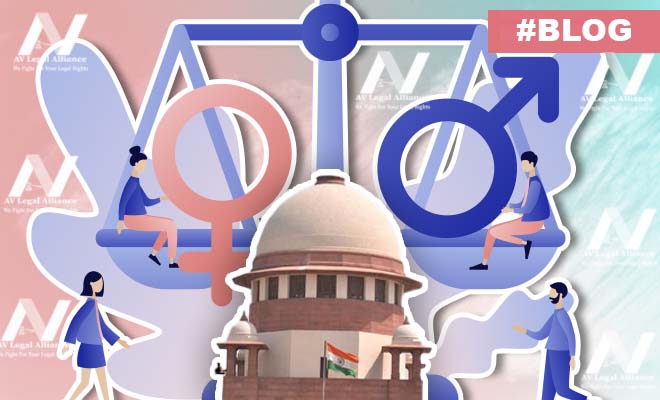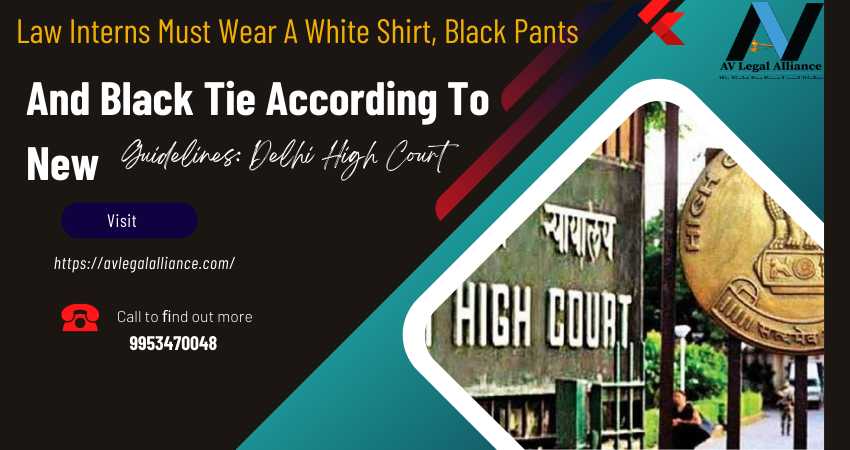Blog - Who are legal heirs as per the Hindu Succession Act, 1956
- Published on: Feb 18, 2022
Who are the first class heirs, know the Hindu succession matters relating to succession pertain to personal law.
People of all communities in India have been given their separate personal law then what is the common law applicable?
If a Hindu man dies, if such death takes place without leaving a will, then who will inherit his property?
All answers are found in the Hindu Succession Act, 1956 as Four categories have been created under this Act. The heirs of the first category are different and in the same way the successors of the second category are different. The successors of the third and fourth categories also differ.
- The property of a Hindu man and the property of a Hindu woman goes first to his first-class heirs.
- If the first class heirs are not available then the property goes to the second. - When the others are also not available then it goes to the third or fourth.
So It is not common to see that the property of a Hindu man or woman does not go to the second and third category of heirs as the first category of heirs are available. If only one of the first class of heirs is alive, then all the property goes to that one person in the succession.
Who is the first class heir It is generally assumed that only his children inherit the property of a Hindu man who dies without a will. The point is baseless, first-class heirs are not just children. Rather there are 16 successors to this category. This property can be divided among 16 heirs. Any Hindu man who dies without a will has four main heirs, whose names are as follows- These four people are first-class heirs. It may be noted here that the father is not a first-class heir. If a person dies and he has not bequeathed his property, then these four people will inherit his property.
If his father is alive then his father will not get the inheritance, all the property will be divided equally among these four people.
If any one of these four people is alive then all the property will go to that one person.
The category of succession does not end here only, but the people ahead of it are also the successors, they are as follows- These three people come after a dead son. If before the death of a Hindu man his son is also dead, then that Hindu man dies, then his property includes the son of his deceased son i.e. the grandson of that Hindu man, his grand daughter and his daughter-in-law, these three are of the first class.
It is necessary to note here that the heirs of the deceased son will equally share the son's share. The heirs do not end here also and after this there are other successors which will be as follows- 1. grandson's son 2. grandson's daughter If a Hindu man's son has also died, such son died after marriage and he had a child from that marriage & such children are grandson and granddaughter, if the grandson also dies and the grandson dies after marriage, the grandson has children from such marriage, then the great-grandson, great-granddaughter as well as the grandson's widow will inherit these three. All three will get the same succession.
After this the succession comes to the daughter's side. If a Hindu man dies and his daughter dies before his death, then the daughter's share will go to the following people- 1. Daughter's daughter 2. Daughter's son If the daughter dies and at the same time the daughter's daughter and daughter's son also dies, that is, the Hindu male's granddaughter also dies, then the succession overtakes them and the following people get - In this way the succession of a Hindu male goes on for three generations. If the son is alive then the son will get it. If the son is not alive then the son's widow and children will get, if only the widow is there then everything will be given to the widow only. If there are children with the widow, then the children will also get it. If the grandson is not alive but the children till the grandson will get it.
This is how succession works. The most important thing to keep in mind among these things is that the father does not get the first class inheritance. If any one of the first class heirs is alive then that one will get everything but the father will get nothing. With this, the son-in-law does not get anything and the son-in-law is not a first-class heir. The daughter-in-law is the first-class heir, along with the daughter-in-law, the daughter-in-law is also the first-class heir. Daughter grandson and grandson's children are first class heirs.
IF YOU ARE LOOKING FOR LEGAL ASSISTANCE FOR PROTECTION OF YOUR RIGHTS, AV LEGAL ALLIANCE LLP LOCATED IN CAPITAL OF INDIA AT NEW DELHI IS HERE TO HELP YOU.


.png)
.png)

.png)
.png)